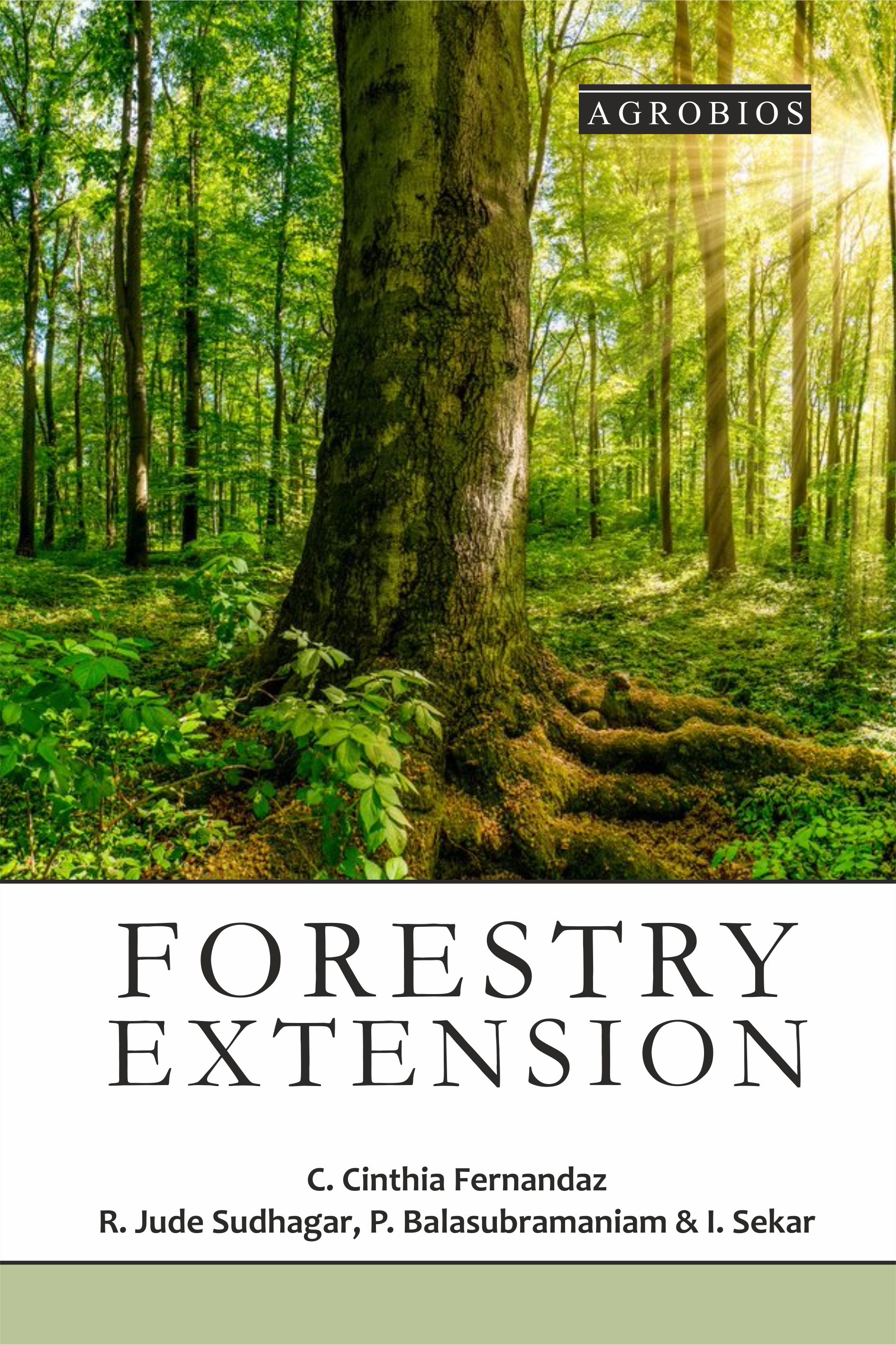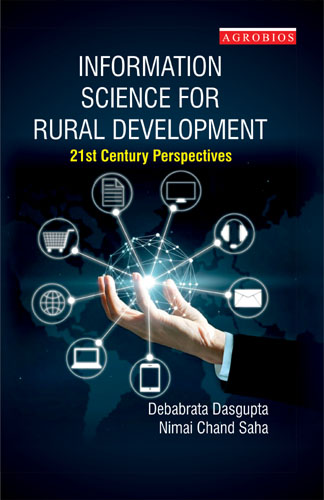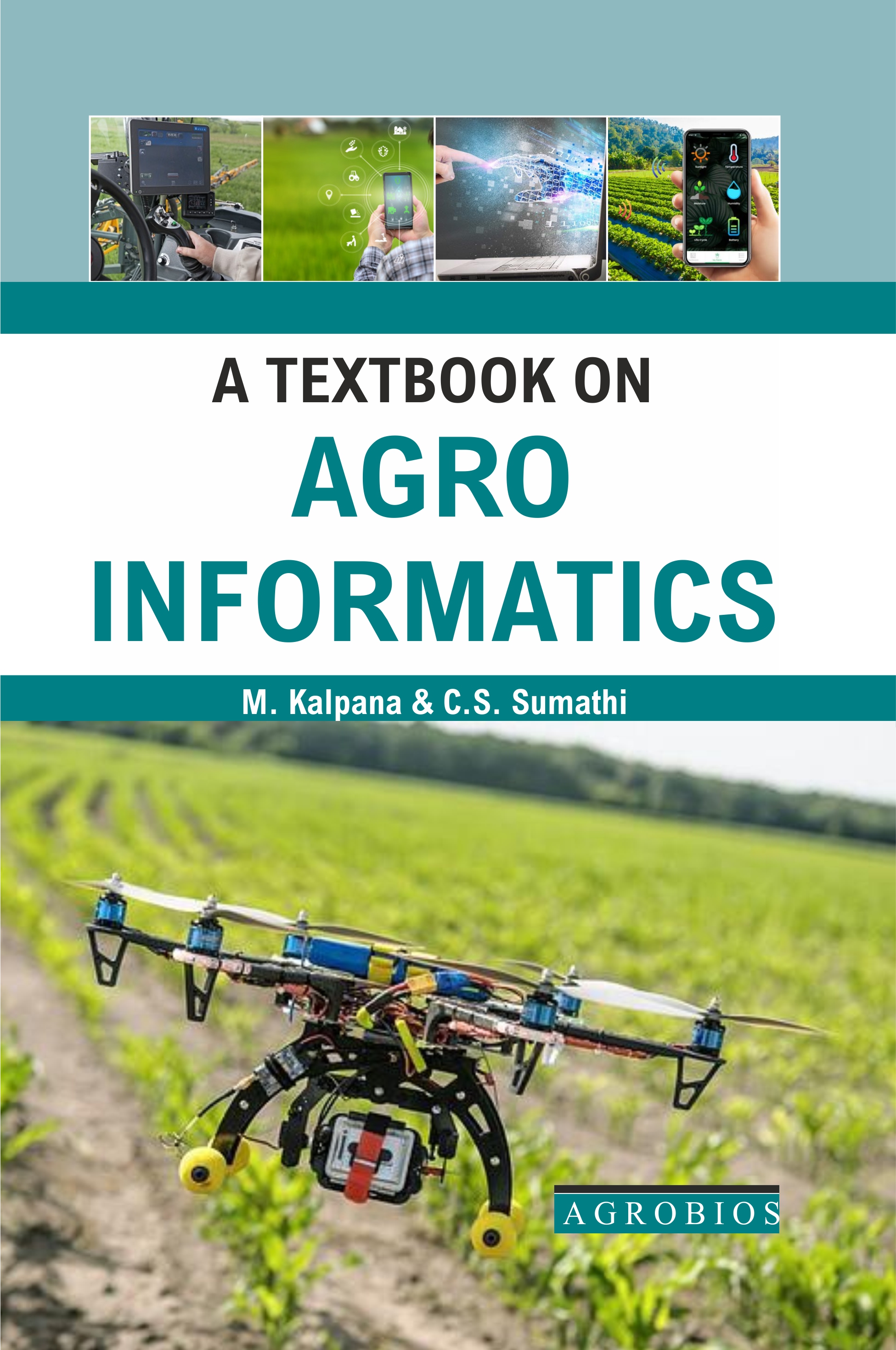New Dimension And Approaches In Extension Pluralism For Rural Development
With 72.21 per cent of the one billion plus population living in 6.38 lakh villages of India, rural economy deserves the focus of all extension efforts. Though the rural economy, primarily agrarian, has hitherto performed gallantly, the current state of Indian agriculture provides a contrasting picture of low growth amid plenty. In this paradoxical situation, the profound influence of the market factors is greatly impacting the countrys agriculture by gradually transforming conventional farming into agri-business and likewise farmers into agri-preneurs. In this process, high value crops, horticulture, agro-industries, processing, agri-export, contract farming, community organizations etc., are getting much impetus. The government is also pursuing policies to increase rural credit flow and to improve farmers access to credit. Moreover, the barriers that prevent creative interaction between farmers and agro-industries, and integration of production with processing and marketing are being re-examined.
Owing to these developments, pluralism of extension service providers with diversity in their mission but unified in vision assumes significance. Though public sector extension is still a main player, the situation is slowly but surely reversing with the government seeking increased partnership with the corporate sector to promote public-private partnership in extension services. Moreover, a role for a third sector ie., farmers and their organizations is also being increasingly emphasized so that users can take on more responsibility for extension. In addition, the ICAR (Indian Council of Agricultural Research) institutes, State Agricultural Universities, NGOs (Non-Governmental Organizations) and Banks with their own extension networks are observably setting new trends with respect to demand-driven and farmer-participatory extension.
Though, promoting extension pluralism seems to be a panacea, it is also a pandoras box with several underlying issues. Particularly, relevancy, participation, linkage, outsourcing, cost sharing, terms of reference, quality control, accountability etc., are issues that need to be sorted out in relation to nature of services and target groups. In order to explore and debate on these contentious issues and associated factors, a "National Seminar on Extension Pluralism for Rural Development" was held for two days on Feb. 25 And 26, 2005, organized by the Society of Extension Education (SEE), TNAU (Tamil Nadu Agricultural University) campus, Coimbatore, Tamil Nadu. The participants belonged to different parts of the country and they included mainly agricultural extension scientists of State Agricultural Universities, ICAR institutes, NGOs and students.
The seminar deliberations centered around four important themes viz., Review of Extension Pluralism, Linkage Mechanisms, Cost Sharing, and Policy Framework. Nearly hundred papers, both conceptual and research in nature were presented during the seminar, highlighting the various issues relating to extension pluralism and associated factors. Owing to the importance of the subject in the current agricultural scenario, with reference to the national and global changes, it was decided to publish selected papers presented in the seminar in book form. The papers included in the book cover a wide range of issues related to the seminar themes and associated aspects. Another feature is that the articles include research studies that have been conducted in different parts of the country.
This book will be of value to agricultural scientists, extension personnel and development workers belonging to public, private, banking, NGO and other development sectors, as it provides new insights into the theory and practice of extension pluralism. Besides, students of agriculture and rural development, especially postgraduate students, will find the book a useful reference material.
Vasanthakumar J
555
Table of Contents..
SECTION I: OVERVIEW OF EXTENSION PLURALISM
- Extension Pluralism for Rural Development: Diversity, Performance and Prospects
- Extension Pluralism: A Conceptual Treatise
- Pluralistic Agricultural Extension: Characteristics, Core Values and Power Dynamics
- Pluralism in Agricultural Extension: A Growing Concern for Public and Private Sector
- Extension Pluralism By Multi Agency and Diversified Approaches with Convergence At the Cutting Edge
- Extension Pluralism - Challenges and Emerging Approaches
SECTION II: ORGANISATION INTERVENTIONS
- Daattcs - A Successful Delivery Mechanism of Angrau
- Extension Pluralism for Fisheries Development and Management
- Development Interventions By Nabard in Tripura
- Ngos Approach to Self Help Groups - A Case of Just
- Kudumbashree Programme for Poverty Eradication in Kerala
- Empowering Farmwomen through Pluralistic Extension Approach: A Paradigm Shift
SECTION III: ARMER PARTICIPATORY APPROACHES
- Participatory Technology Development - Documentation Stepped Up
- Income Generating Activities By Shgs - A New Vista Towards Poverty Alleviation
- Farmer Participatory Castor Seed Production: A Success Story from Andhra Pradesh
- Demand-Driven and Farmer - Participatory Extension Approach: An Experience Under Tar-Ivlp
SECTION IV: LINKAGES AMONG EXTENSION SERVICE PROVIDERS
- Strengthening Research - Extension - Farmer Linkages in the Context of Extension Pluralism
- Strategic Research and Extension Plan for Strengthening Research - Extension - Farmer Linkages
- Supply Chain Management in Agriculture for Competitiveness: Roles Expected from Extension System
- Linkage Mechanisms for Successful Adoption of Mechanization in Small and Marginal Farms
- Research - Extension - Clientele Linkages in Dairy Sector in Karnataka
- Ensuring Constructive Coordination Among Extension Service Providers in Dissemination of Farm Technologies
SECTION V: EDUCATIONAL MEDIA
- Impact Analysis of Distance Learning Programme Offered through All India Radio
- Effectiveness of Rytu Mitra - An Innovative Farm Telecast Programme in Andhra Pradesh
- Transfer of Technology through Cyber Extension
- Computer Mediated Communication - A New Paradigm
SECTION VI: GLOBALISATION AND POLICY
- New Policy Framework Considerations for Extension Pluralism
- Intellectual Property Rights on Plant Varieties and Protection of Farmers Rights
- Managing Change in Agricultural Extension Under WTO Regime
- Liberalisation of Agricultural Trade and Relevance to Extension Pluralism
Table of Contents..
1.
Book Details
Book Title:
New Dimension And Approaches In Extension Pluralism For Rural Development
New Dimension And Approaches In Extension Pluralism For Rural Development
Book Type:
TEXT-CUM-REFERENCES BOOK
TEXT-CUM-REFERENCES BOOK
No Of Pages:
360
360
Color Pages :
0
0
Color Pages :
0
0
Book Size:
DEMY (5.5X8.5)
DEMY (5.5X8.5)
Weight:
550 Gms
550 Gms
Copyright Holder:
All Rights Reserved
All Rights Reserved
Imprint:
M/s AGROBIOS (INDIA)
M/s AGROBIOS (INDIA)
Readership:
EXTENSION WORKERS | PG STUDENTS | UG STUDENTS |
EXTENSION WORKERS | PG STUDENTS | UG STUDENTS |













